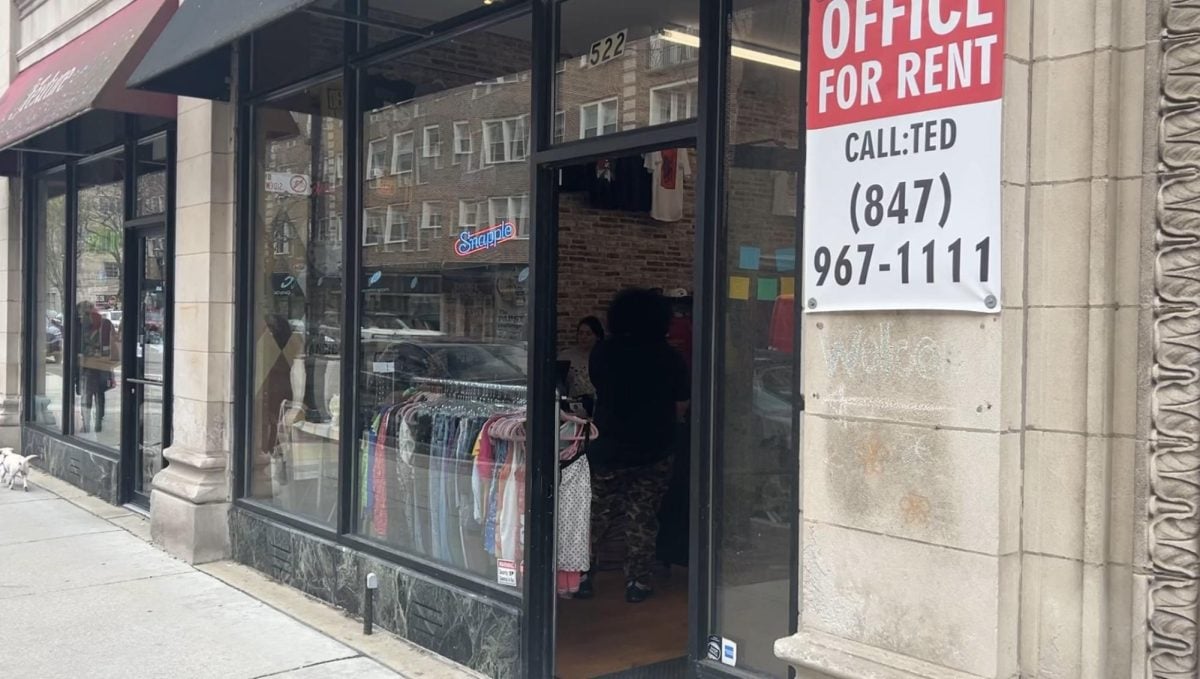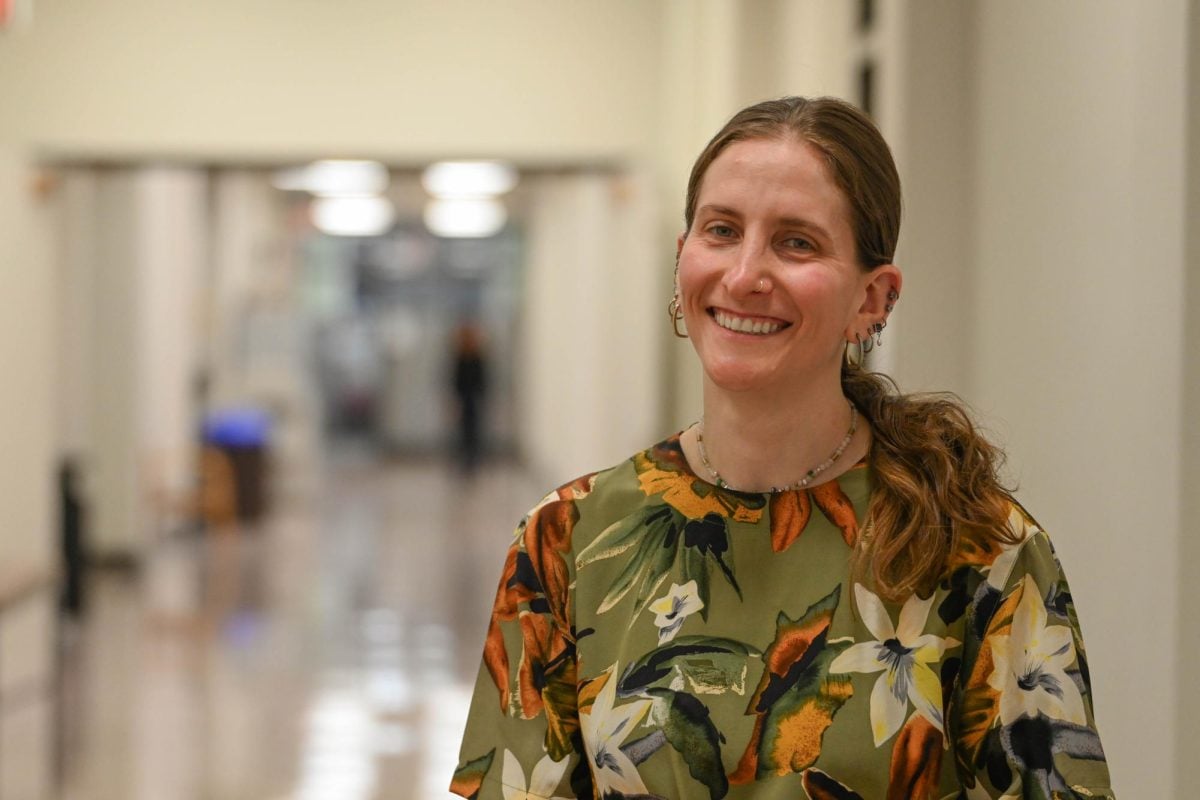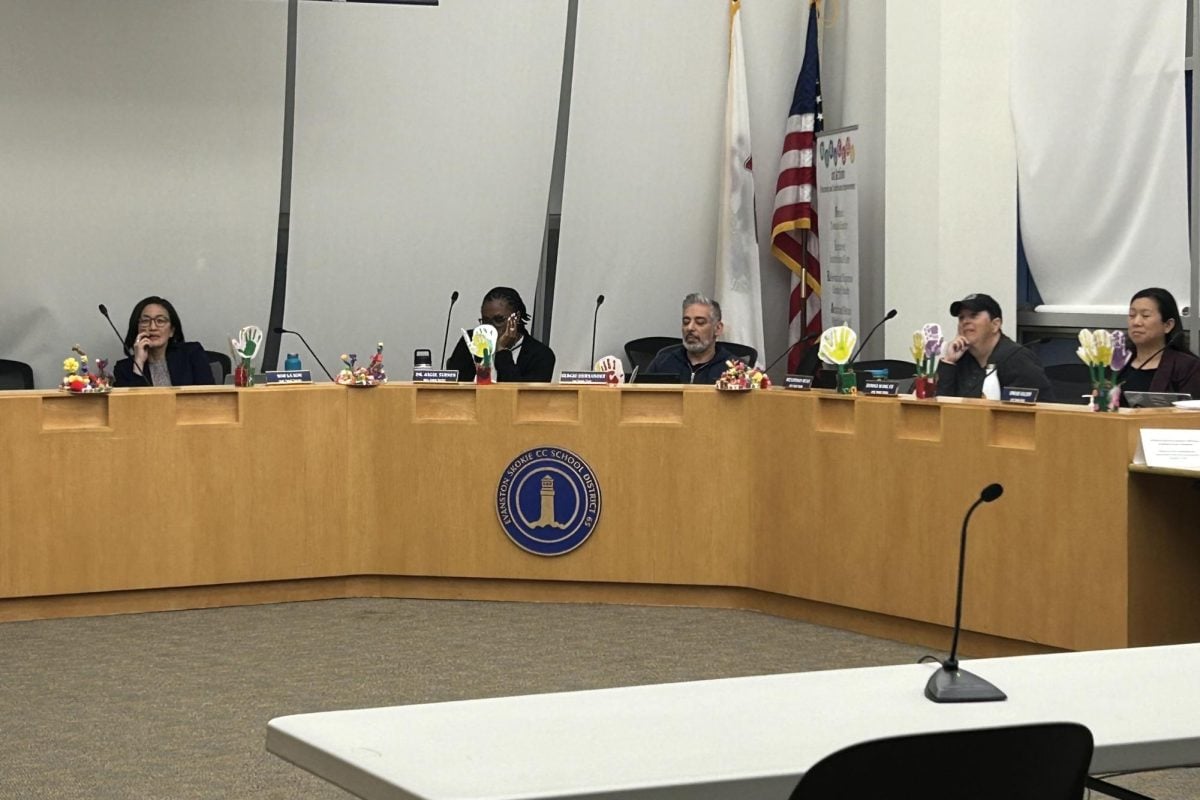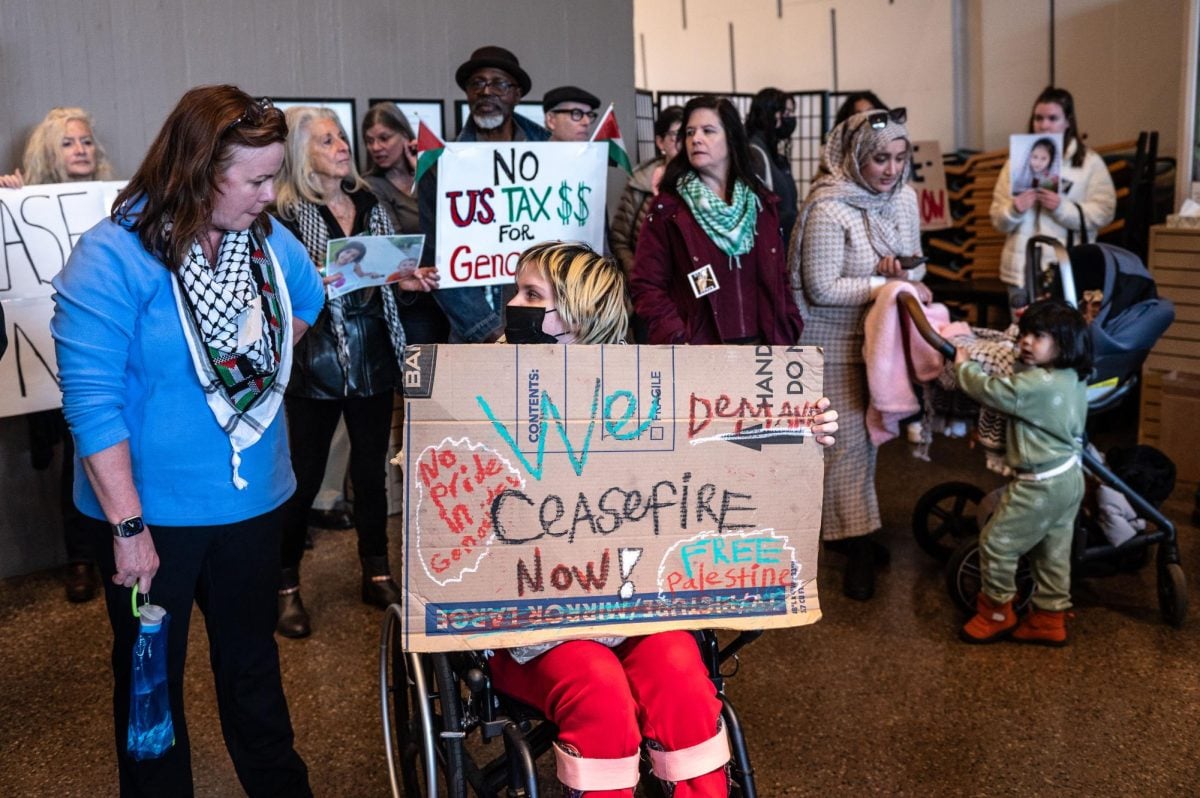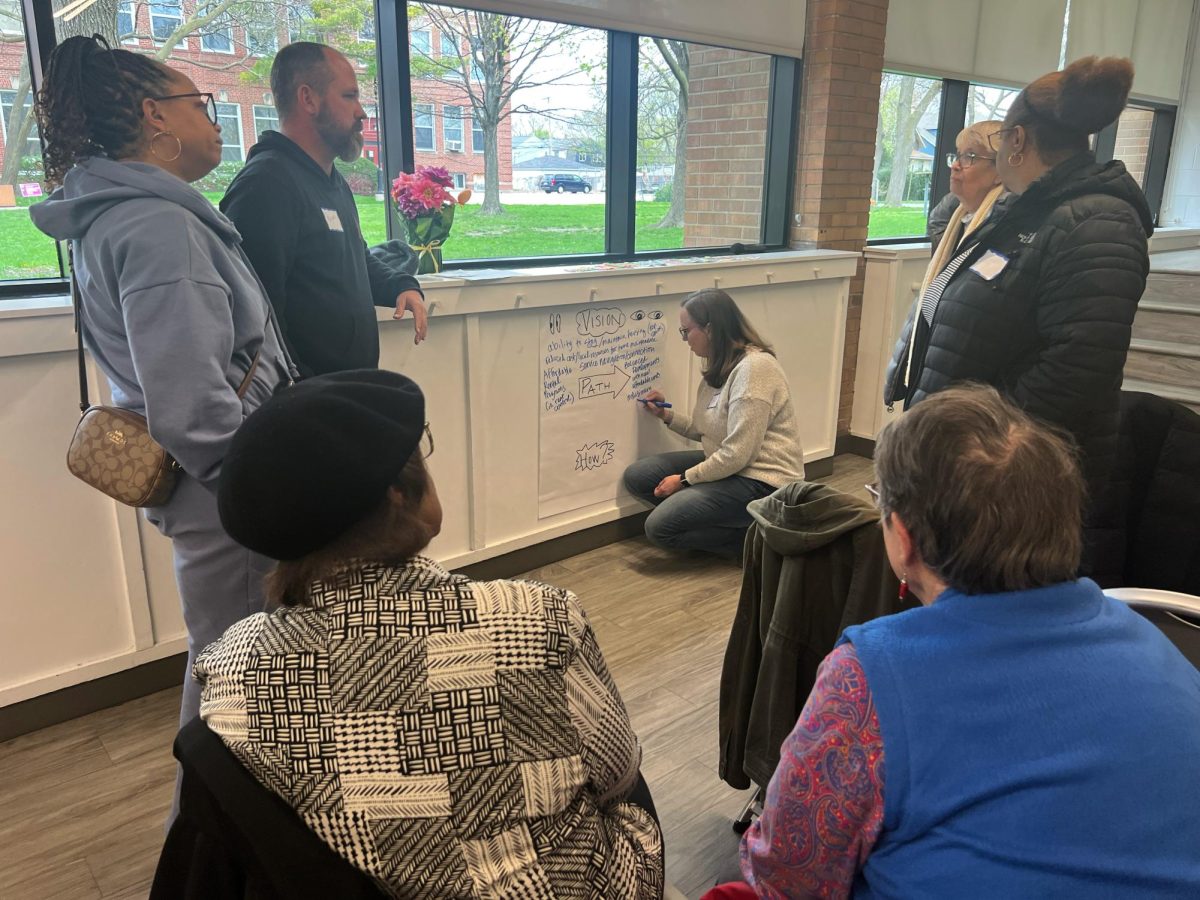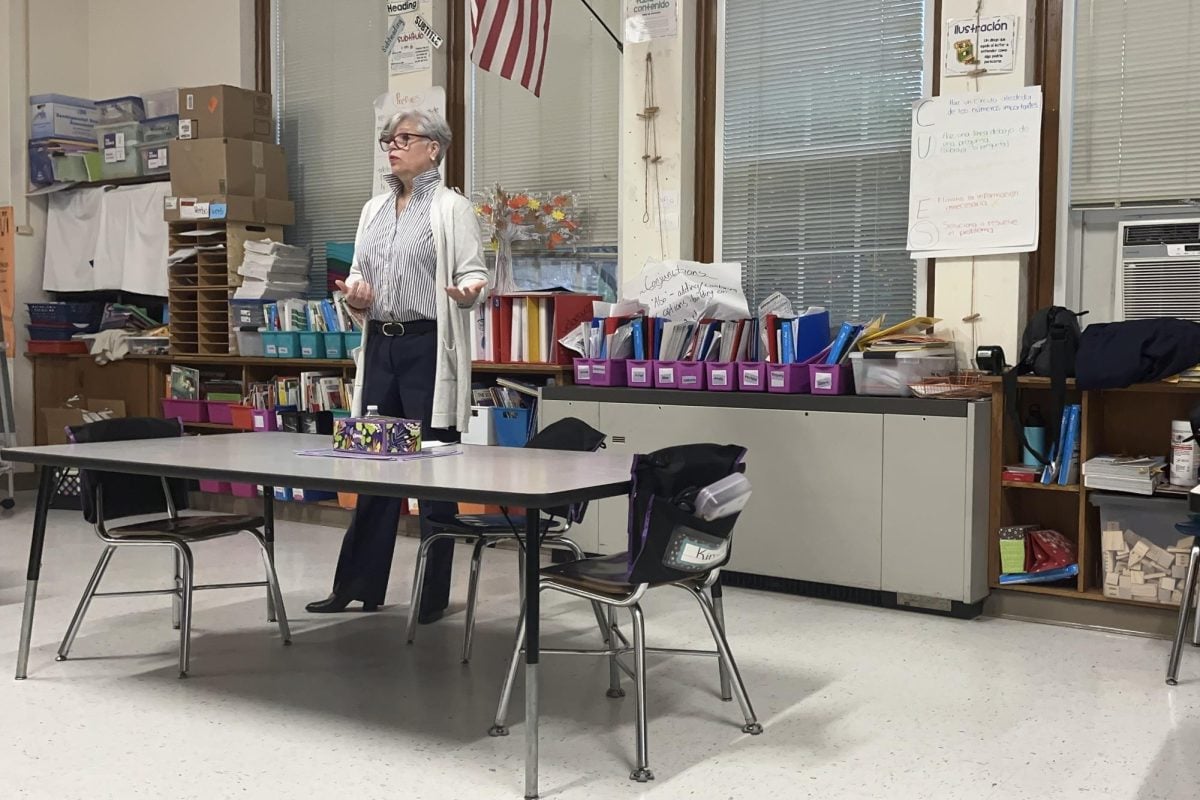Nearly 25,000 Evanston residential and small business electricity customers are now receiving 100 percent renewable energy and saving money on their utility bills, according to city officials.
Customers eligible for the city’s electricity aggregation program began receiving energy from alternate supplier Constellation Energy in August if they did not actively opt out of the program.
This month, participating residential customers received bills reflecting the new supplier’s rate, which for many is less than what they would have paid under ComEd. Small businesses involved in the electricity bundling program will receive updated bills in October.
“We are really very, very happy that we have succeeded in getting aggregation for our community,” said Jonathan Nieuwsma, vice president of Citizens’ Greener Evanston, an organization that advocates for 100 percent renewable energy.
A typical customer who uses 9,000 kilowatt-hours annually will save $22 a month, according to a city memo. By bundling residential and small business electricity accounts, Evanston negotiated with alternate suppliers on behalf of eligible customers to secure a more competitive rate ComEd could offer.
Nearly all eligible households and small businesses are participating.
Less than two percent of those eligible for aggregation opted out, wrote Catherine Hurley, the city’s sustainable programs coordinator, in an e-mail to The Daily.
Aside from those signed up for ComEd’s real-time electricity pricing, which takes into account fluctuating market rates for electricity, Nieuwsma could not speculate on why a customer would opt out of the program because of its economic and sustainability advantages.
“I can’t think of any reason why any rational person would want to opt out,” he said.
Evanston resident Padma Rao, one of the few residents who opted out of the city program, said she did so because she doesn’t believe “one size fits all.” She said she has always been satisfied with ComEd services, which are more suitable to her individual circumstances.
She added that she also takes issue with the way the city signed up customers to electricity aggregation: unless residents actively opted out of the program, inaction to oppose the change automatically ratified the new contract.
“What is happening is the government is changing something without really giving enough information,” Rao said. “You’re not making a conscious choice. You are switched if you do nothing, if you go away on vacation for a summer you are bound with a contract you didn’t sign. Normally it’s only binding to you if you read a contract,understand it and sign it.”
Rao, who pays approximately $30 a month for electricity, said even if electricity aggregation had been an “opt-in” plan from the beginning, she still wouldn’t have changed her plan because she normally doesn’t use much electricity anyway.
On the other hand, selecting the all-renewable-energy option also allowed the city to meet its 2008 Climate Action Plan goal by reducing greenhouse gas emissions by 13 percent. The city estimates the change will create an additional 18 percent reduction in carbon dioxide, a greenhouse gas , Hurley said.
Eligible customers who previously opted out of the city’s program have the option to change their minds and receive the same rate and energy mix as those who made the switch to Constellation Energy last month.
Once the one-year aggregation agreement with the alternate supplier expires, Evanston officials have several options: revert back to ComEd-supplied electricity, switch to a new supplier or negotiate a new agreement with Constellation Energy, according to the city’s aggregation plan. Nieuwsma said Citizens’ Greener Evanston is hopeful that when the one-year contract is up, the city and residents will choose to stick with the current plan.
“Our main message to the city council is that we want to stick to 100 percent renewable energy,” he said. “We don’t want to backslide.”
Susan Du contributed reporting.


